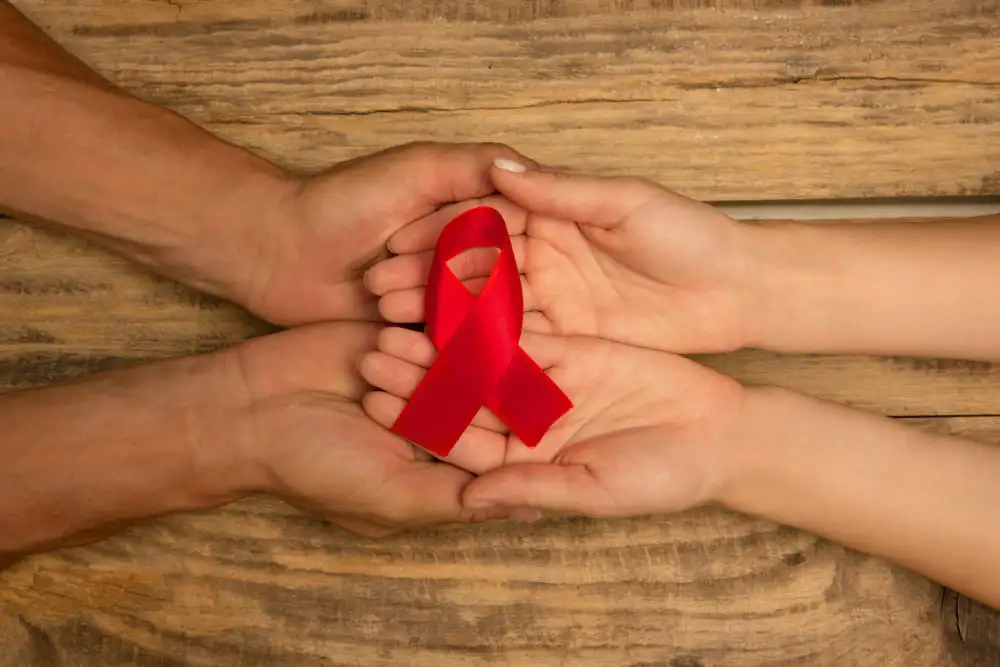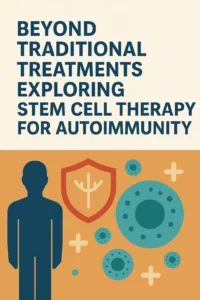HIV, or Human Immunodeficiency Virus, is a virus that attacks the body’s immune system. While there’s no cure yet, advancements in medicine have transformed HIV from a death sentence to a manageable chronic condition. This article aims to provide essential information about HIV, dispel myths, and empower you to protect yourself and others.
1. What is HIV?
HIV is transmitted through specific bodily fluids, primarily blood, semen, and vaginal fluids. Sharing needles, blood transfusions (rare in developed countries), and from mother to child during pregnancy, childbirth, or breastfeeding are other ways HIV can spread. Importantly, HIV cannot be transmitted through casual contact like hugging, kissing, or sharing utensils.
2. HIV vs. AIDS
It’s essential to understand the difference between HIV and AIDS. Human Immunodeficiency Virus is the virus, while AIDS (Acquired Immune Deficiency Syndrome) is the advanced stage of the infection when the immune system is severely compromised. With proper medical care, people living with HIV can live long, healthy lives and prevent progression to AIDS.
3. Symptoms of HIV
In the early stages, Human Immunodeficiency Virus often causes flu-like symptoms that may go unnoticed. As the infection progresses, it weakens the immune system, making individuals more susceptible to various infections and illnesses. However, it’s important to note that many people with Human Immunodeficiency Virus experience no symptoms for years. Regular testing is crucial for early detection and treatment.
4. Getting Tested
Knowing your Human Immunodeficiency Virus status is essential for your health and the health of your partners. Human Immunodeficiency Virus testing is quick, confidential, and painless. You can get tested at your doctor’s office, a local health clinic, or community-based organizations. Some areas offer home testing kits as well.
5. Prevention
While there’s no vaccine for Human Immunodeficiency Virus, several effective prevention methods are available:
- Condom use: Correct and consistent condom use during all sexual encounters significantly reduces the risk of Human Immunodeficiency Virus transmission.
- Pre-Exposure Prophylaxis (PrEP): PrEP is a daily pill taken by HIV-negative individuals at high risk to prevent Human Immunodeficiency Virus infection.
- Post-Exposure Prophylaxis (PEP): PEP is a medication taken within 72 hours of potential exposure to Human Immunodeficiency Virus to prevent infection.
- Reducing risky behaviors: Limiting the number of sexual partners and avoiding sharing needles can also lower your risk.
6. HIV Treatment
Antiretroviral therapy (ART) is highly effective in managing Human Immunodeficiency Virus. It suppresses the virus to undetectable levels in the blood, making it nearly impossible to transmit Human Immunodeficiency Virus to others. Early treatment also improves overall health and quality of life.
7. Living with HIV
Advances in Human Immunodeficiency Virus treatment have significantly improved the lives of people living with Human Immunodeficiency Virus. With proper care and support, individuals can enjoy full and productive lives. There are numerous organizations and support groups dedicated to providing information, counseling, and assistance to people living with Human Immunodeficiency Virus.
8. Dispelling Myths
There are many misconceptions about Human Immunodeficiency Virus. It’s important to rely on accurate information from trusted sources. Some common myths include:
- Human Immunodeficiency Virus can be transmitted through casual contact.
- People with Human Immunodeficiency Virus look sick.
- HIV/AIDS is a gay disease.
9. Supporting Someone Living with Human Immunodeficiency Virus
If you know someone living with Human Immunodeficiency Virus, offer your support and understanding. Encourage them to seek medical care and connect with support resources. Avoid discrimination and stigma, as they can have a significant impact on their well-being.
10. HIV and Young People
Young people are particularly vulnerable to Human Immunodeficiency Virus infection. Factors such as experimentation, lack of knowledge, and peer pressure can increase the risk. It’s essential for young people to have access to comprehensive sex education, including information about Human Immunodeficiency Virus prevention and testing.
11. HIV and Relationships
Human Immunodeficiency Virus can have a profound impact on relationships. Open communication, trust, and support are crucial for couples where one or both partners are living with Human Immunodeficiency Virus. It’s important to discuss prevention methods, treatment options, and potential risks together.
12. HIV and Mental Health
Living with Human Immunodeficiency Virus can be emotionally challenging. Depression, anxiety, and stigma can affect the mental health of individuals living with Human Immunodeficiency Virus. It’s essential to seek support from mental health professionals and connect with other people living with Human Immunodeficiency Virus.
Conclusion
Human Immunodeficiency Virus is a serious health issue, but it is a manageable condition with proper care and prevention. By understanding Human Immunodeficiency Virus, getting tested regularly, and practicing safe sex, you can protect yourself and others. Remember, you are not alone. There are numerous resources available to support you on your journey.





